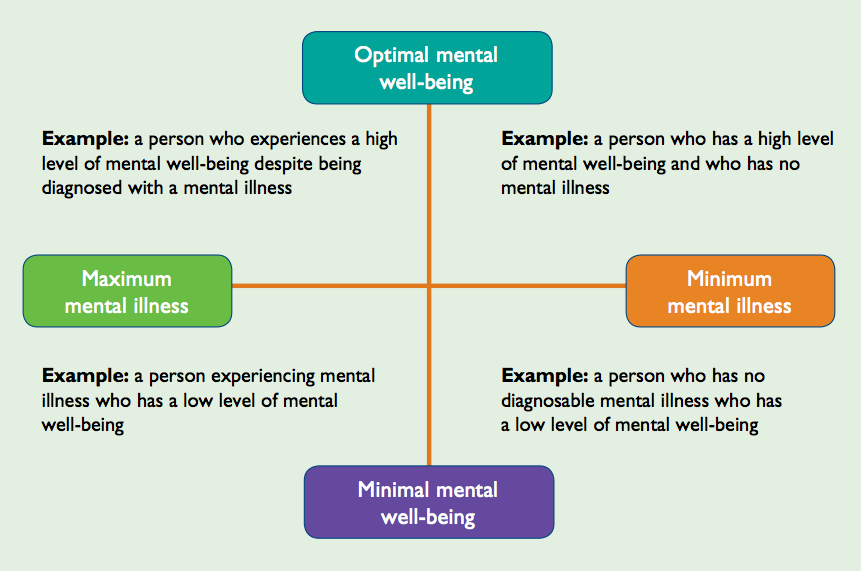[Links] 112. Smith C, Kibry P, Noakes TD. The worn out athlete: a medical approach to persistent tiredness in professional athletes. J Sports Sci 1997; 15:341 -51. [Links] 113. Urhausen A, Kindermann W. Diagnosis of overtraining: what tools do we have? Sports Med 2002; 32( 2 ):95 Addiction Treatment Delray -102. [Hyperlinks] 114. Lehmann M, Schnee W, Scheu R, Stockhausen W, Bacl N.
Int J Sports Med 1992; 13:236 -42. [Links] 115. Snyder A/C, Kuipers H, Cheng B, Servais RM, Fransen E. Overtraining following intensified training with typical muscle glycogen. Medication Sci Sports Exerc 1995; 27:1063 -70. [Links] 116. Urhausen A, Gabriel HH, Welier B, Kindermann W. Ergometric and psychological findings throughout overtraining: a long-term follow-up research study in endurance athletes.
[Links] 117. Zavorsky GS. Proof and possible systems of transformed maximum heart rate with endurance training and tapering. Sports Medication 2000; 29:13 -26. [Hyperlinks] 118. Mackinnon LT, Hooper SL, Jones S, Gordon RD, Bachmann AW. Hormone, immunological, and hematological reactions to heightened training in swimmers. Medication Sci Sports Exerc 1997; 29:1637 -45.
Foster C. Keeping track of training in professional athletes with reference to overtraining syndrome. Medication Sci Sports Exerc 1998; 30( 7 ):1164 -8. [Hyperlinks] 120. Hartmann U, Mester J. Training and overtraining markers in picked sport occasions. Medication Sci Sports Exerc 2000; 32( 1 ):209 -15. [Hyperlinks] 121. Organizao Mundial de Sade. Classificao de Transtornos Mentais da CID-10 - Descries Clnicas e Diretrizes Diagnsticas.
Some Ideas on How Mental Health Affects Physical Health You Need To Know
[Hyperlinks] 122. Eichner E. Chronic tiredness syndrome: searching Substance Abuse Facility for the cause and treatment. Phys Sportsmed 1989; 17( 6 ):142 -52. [Links] 123. Koutedakis Y, Budgett R, Faulmann L - how social media affects one's mental and physical health. Rest in underperforming elite athletes. Br J Sports Medication 1990; 24( 4 ):248 -52. [Links] Gotten for publication on April 14, 2004. Accepted for publication on July 13, 2004.
Exercise can have a massive effect on your state of mind. In reality, it is thought that workout can be just as efficient as anti-depressants in dealing with mild-to-moderate depression. Not just can work out aid in dealing with depression, it can likewise avoid individuals from becoming depressed again. So it is essential to keep up a workout routine after individuals get much better.
Exercise can: increase your energy levels help you get a great night's sleep distract you from your worries and get you out of a cycle of negative thoughts that can feed anxiety and depression help you get out and be with people if you're feeling lonely; even a smile as you pass someone on the street can improve your mood assistance you feel more in control, and improve your self-confidence, since you are taking an active role in your own treatment increase your self-confidence as you fulfill challenges and reach objectives, no matter how little, as well as helping you to feel good about your body assistance you to avoid less valuable techniques, such as drinking alcohol or dwelling on how you feel.
This might be due to a mix of factors, consisting of: Workout assists persistent depression by increasing serotonin (which assists your brain manage state of mind, sleep and appetite) or brain-derived neurotrophic element (which assists nerve cells to grow). Workout minimizes immune system chemicals that can make depression even worse. Workout increases your level of endorphins, which are natural mood lifters.
The Single Strategy To Use For How Inequality Affects Mental Health
We understand getting adequate sleep can safeguard the brain from damage. Exercise offers you a concentrated activity that can help you feel a sense of accomplishment. Exercise limits the result of stress on your brain. Many research studies have been done to understand the link between exercise and state of mind. What we do understand is: individuals who work out regularly have less signs of anxiety and anxiety than those who do not moderate intensity exercise can be an effective treatment on its own for mild-to-moderate depression 16 weeks of routine workout is simply as effective as anti-depressant medication in treating older people who were not working out previously exercise can assist deal with people with depression who have partially reacted to anti-depressants; that is, it can assist them get ever much better both aerobic exercise (such as strolling, biking or running) and strength training (such as weight lifting) can help deal with anxiety - how funding affects community mental health programs.

Individuals who exercise outside likewise state they are more likely to work out once again than those who remain indoors. And, people who exercise outside do it regularly, and for longer, than those who work out inside your home. Research reveals that vitamin D can assist us to combat disease. Vitamin D is referred to as the sunshine vitamin since we can get our day-to-day dosage simply by investing a long time in the sunshine.
Fortunately is that your body can make all the vitamin D you need if you expose your arms and legs to sunlight for 10 to 15 minutes a few times a week. For extra benefits, why not combine this with getting some workout? Being inside, it is naturally tempting to be more sedentary than if you are outdoors.
You may like to attempt to invest more time strolling or cycling to work, gardening, cleaning up the yard, or doing other activities that get you moving and away from your computer or tv. Children are especially at danger of watching extreme quantities of television, playing computer game or utilizing tablets.
How Hustling Affects Mental Health Things To Know Before You Get This
Natural light is known to assist lift individuals's moods, so heading outside can assist you to feel better. Scientists in Britain have been dealing with the idea that exercising in nature has actually added benefits for psychological health. They call this 'green exercise'. These researchers have found that even five minutes exercising in nature can lift your state of mind.
Other research has discovered that http://dantezaha057.trexgame.net/8-easy-facts-about-how-does-the-skeletal-system-affect-mental-wellbeing-shown children with attention deficit disorder can concentrate more easily after walking through a park, compared with strolling through a residential area. Although the research study was done only with children, it might be worth trying a walk in the park if you're having trouble focusing too.
Scientists believe that air-borne chemicals from plants can also protect us against germs and viruses. There are numerous benefits to exercising outside. And unlike going to the fitness center, it's all complimentary. Exercise is a great way to enhance your state of mind. To increase the benefits, attempt working out outside. This page has been produced in consultation with and approved by: SANE Australia Material on this site is attended to information purposes just.

The info and products included on this site are not meant to constitute an extensive guide worrying all aspects of the treatment, product or treatment described on the site. All users are prompted to constantly look for suggestions from a registered health care expert for diagnosis and answers to their medical concerns and to ascertain whether the specific treatment, service, product or treatment described on the site appropriates in their circumstances.
All about Why Mental Health Affects Every Thing I Do
The physical benefits of exercise improving physical condition and battling disease have long been developed, and doctors always motivate remaining physically active. Exercise is likewise thought about essential for preserving mental fitness, and it can reduce tension. Research studies show that it is extremely effective at lowering tiredness, enhancing alertness and concentration, and at improving general cognitive function.